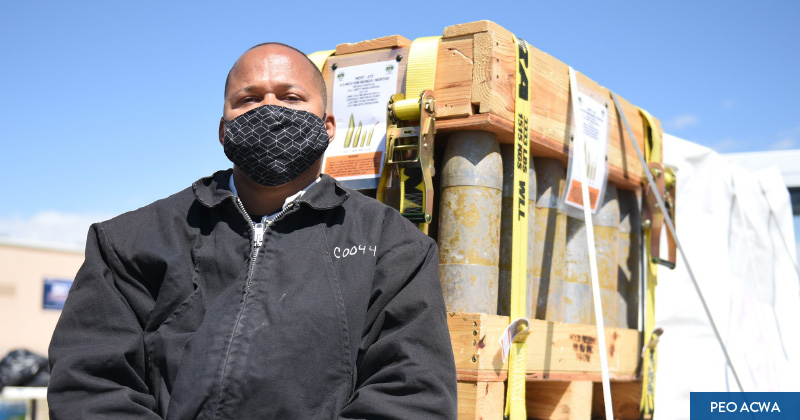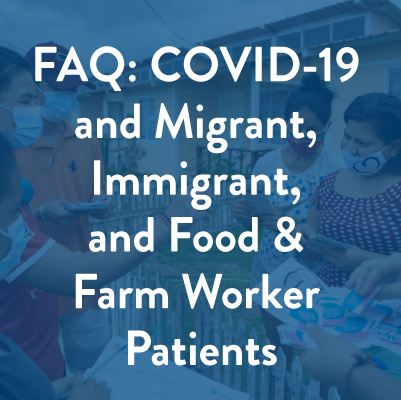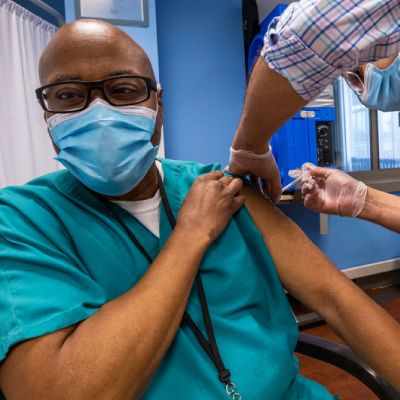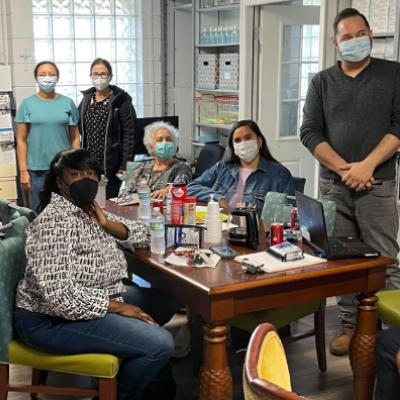- Who We Are
- Clinician Employment
- Publications
- Witness to Witness (W2W)
- Kugel & Zuroweste Health Justice Award
- Your Voice Matters: Photovoice Project
COVID-19 Vaccine Employer Mandates Should Be Accompanied By Basic Protections & Worker Accommodations
Tue, 08/31/2021 | by MCN Admin


In the first year of the pandemic, meat packing facilities, farms and orchards, and food warehouses became hotspots of transmission, as essential workers were required to work through the pandemic, despite a dangerous lack of workplace protections. Now, halfway through the second year of the pandemic, many US employers are beginning to bring non-essential employees back to work. With the FDA approval of the Pfizer vaccine for ages 16 and up, some employers are also implementing vaccine mandates as a strategy to reduce workplace transmission.
Migrant Clinicians Network supports COVID-19 vaccine mandates. COVID-19 vaccines are a safe and effective method to reduce workplace transmission of this deadly virus. When implemented in an ethical and equitable manner, a vaccine mandate can protect workers’ health while also respecting worker rights. To ensure ethical implementation of a mandate, employers who are considering a vaccine mandate must implement the following:
- Many workplaces that employ refugees, immigrants, and migrants workers still lack basic accommodations to reduce transmission. These efforts must be the first line of defense. Employer vaccine mandates must be preceded by the basic but critical strategies to reduce COVID-19 transmission:
- Sanitation and handwashing stations;
- Redesigned workspaces to increase physical distance between workers to six feet or more;
- Increased and better ventilation; and
- Effective respiratory protection policies accompanied by the provision of respirator protection including high-quality masks or N95respirators.
- Fit testing requirements for respirators must be executed.
- Fit testing requirements for respirators must be executed.
- These strategies should be regularly evaluated and adjusted as the situation and our understanding of prevention advances.
- Sanitation and handwashing stations;
- Education and resources about the vaccines should be provided in a manner and in a language that workers understand. Low-literacy materials should be available.
- Additional allowances must be guaranteed to support workers in their efforts to get vaccinated.
- Employers should provide paid time off for vaccination and recovery.
- Employers are strongly encouraged to partner with trusted community leaders, community-based organizations, or faith groups in addition to working directly with local community health centers or health departments to increase vaccine access and to ensure that workers receive information and answers to their questions in the language they prefer and in a culturally competent manner.
- Employers should make efforts to make vaccines more accessible by providing transportation to vaccination sites, arranging for on-site or mobile vaccination units or after-hours vaccination clinics, and/or providing childcare.
- Employers should provide paid time off for vaccination and recovery.
- Employers must accommodate workers who cannot get vaccinated due to medical or religious reasons.
- Employers should implement alternative strategies for these workers like frequent testing.
- Employers should implement alternative strategies for these workers like frequent testing.
- Many agricultural workers have been vaccinated in their countries of origin with vaccinations that are unavailable in the US, such as Synovax or AstraZeneca. Employers should recognize any vaccine that is approved for emergency use by the World Health Organization, even if it is not authorized for use in the USA by the CDC. This is in line with recommendations from the CDC as of August 2021.
- The COVID-19 situation continues to rapidly shift. Employers should review their vaccine mandate and their mitigation strategies regularly as conditions change, and adjust as needed.
Learn more about MCN’s recommendations regarding the COVID-19 vaccine and migrants, immigrants, and refugees at our regularly updated FAQ, available in English and Spanish.
Got some good news to share? Contact us on our social media pages above.
Return to the main blog page or sign up for blog updates here.







